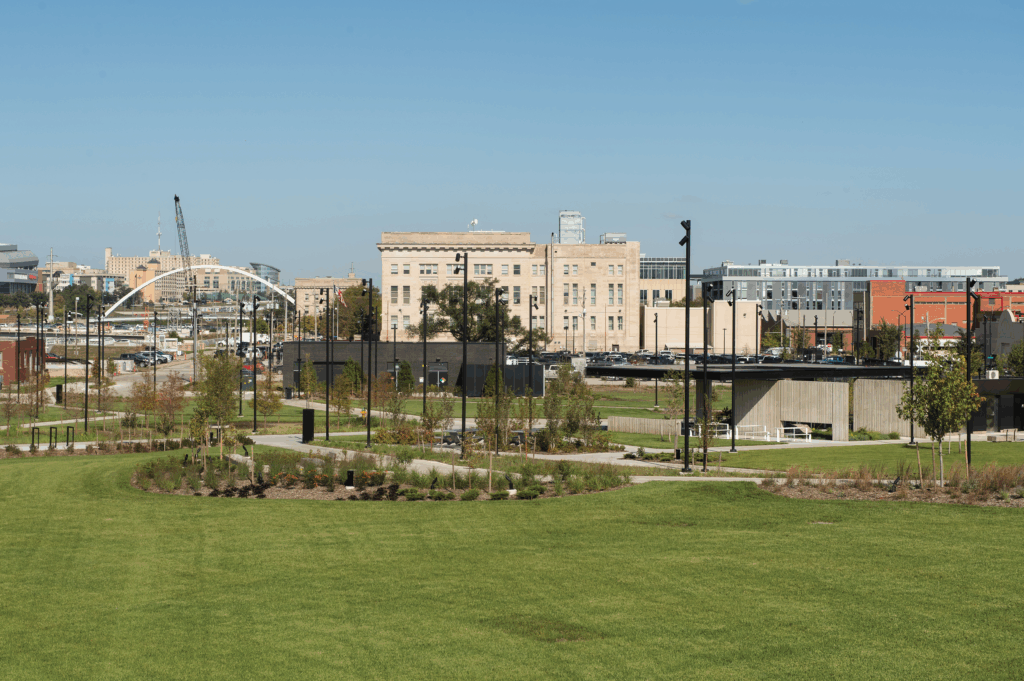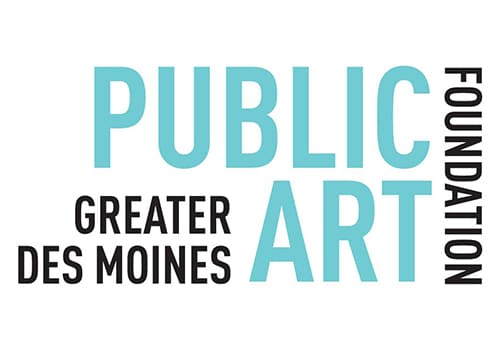A woman’s place is on the farm
As female farmers struggled in the early 1990s to find their voice in America, women focused on sustainable and organic growing methods that were cropping up around the country.

As female farmers struggled in the early 1990s to find their voice in America, women focused on sustainable and organic growing methods that were cropping up around the country. As a result, two women formed a group of like-minded farmers, landowners, educators, researchers, students, policy-makers and community advocates who promote a holistic view of agriculture that goes beyond gender and geographic location.
The Women, Food and Agriculture Network (WFAN) dates to 1994, when founders Denise O’Brien and Kathy Lawrence of New York prepared to take that message to the United Nations’ World Women’s Conference in Beijing, China.
“They not only were socially isolated because of the type of agriculture they were practicing, but because of their gender,” WFAN Executive Director Leigh Adcock said. “It’s strange enough to be farming as a woman. They really felt like they needed a network to support one another.”
Kicking off officially in 1997, the nonprofit organization has grown to include nearly 1,700 members, compared with only 300 when Adcock took office three years ago. “It’s not nearly big enough yet; it should be 10,000 women,” said Adcock, who lives with her husband and two sons on an acreage north of Gilbert. She runs Ames-based WFAN from an office in Story City.
In addition to helping women landowners and non-farm operators make more informed decisions about securing tenants who practice soil conservation, the organization wants to connect female farmers with the resources they need to function in an industry typically dominated by men.
Today, women run about 14 percent of the nation’s farms, compared with only 5 percent in the 1980s, according to a March report by NPR. Citing Adcock, NPR said women run more than 300,000 farms nationwide, a 30 percent increase since 2002. Citing research from Iowa State University, Adcock, a former office manager with the Iowa Farmers Union, said women own or co-own 47 percent of Iowa’s farmland.
“Women tend to operate small-scale, diversified ag enterprises,” Adcock said. “They aren’t in commodities ag, typically, like most men are. We are the fastest-growing demographic in agriculture.”
A 10-member volunteer board of directors manages WFAN, which employs two paid part-time staff members: Adcock and program coordinator Lynn Heuss. The majority of WFAN’s programming is focused on the Midwest.
Adcock said recent grants from the Iowa Department of Natural Resources, the U.S. Department of Agriculture, private foundations and other organizations have supported the nonprofit’s mission to “link and empower women to build food systems and communities that are healthy, just, sustainable, and that promote environmental integrity.”
Intended to provide an outlet for women who are passionate about healthful food and farming, WFAN will host on Aug. 18 its monthly Third Thursday Social at Zanzibar’s Coffee Adventure on Ingersoll Avenue.











